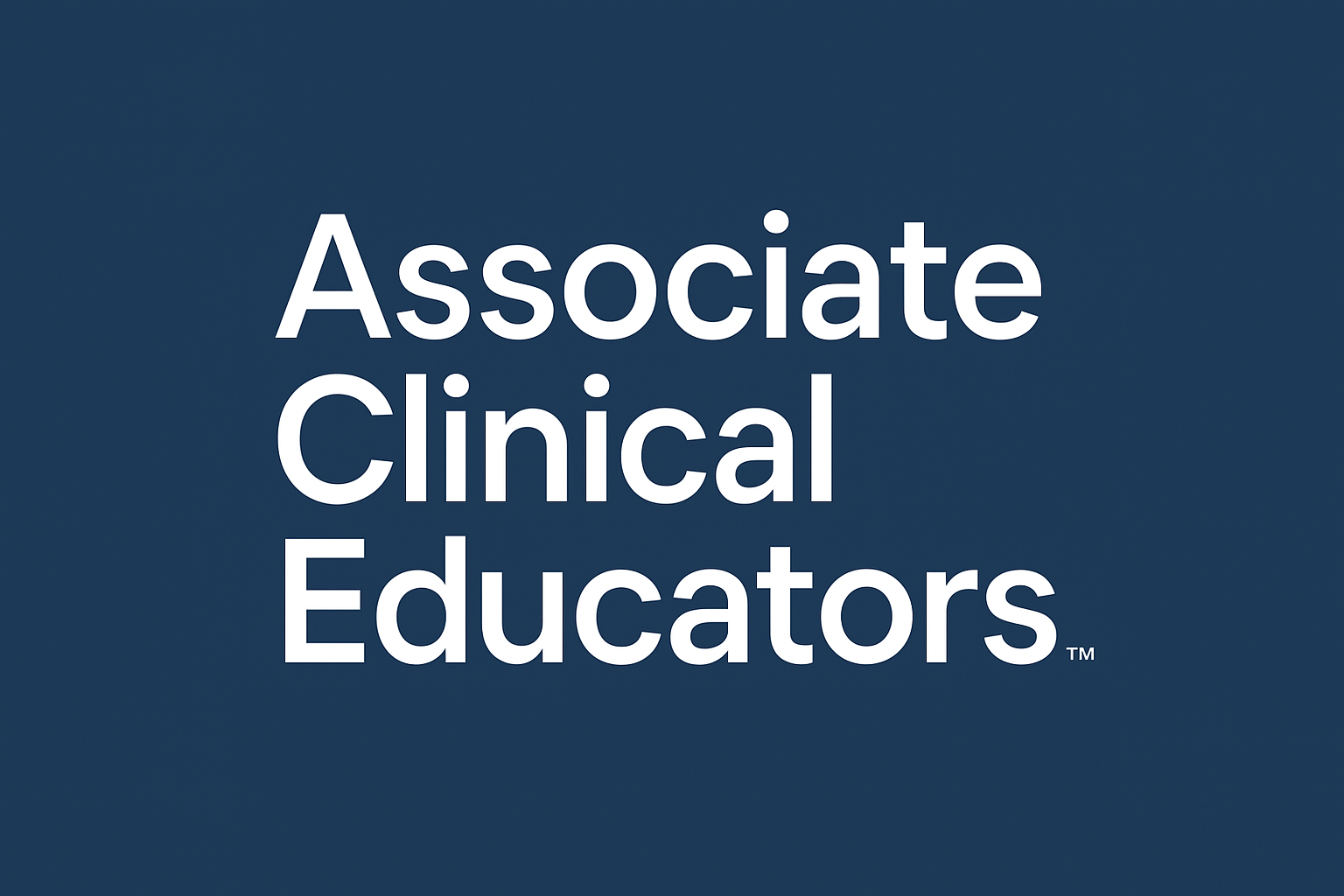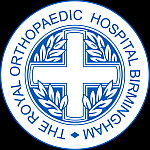Adapt, Improvise, Excel: How ACEs Deliver Effective Educational Content
Being an Associate Clinical Educator (ACE) is a rewarding and dynamic role that contributes to the education and growth of future healthcare professionals. The ACEs receive immense fulfilment from positive student feedback and...
Read More


